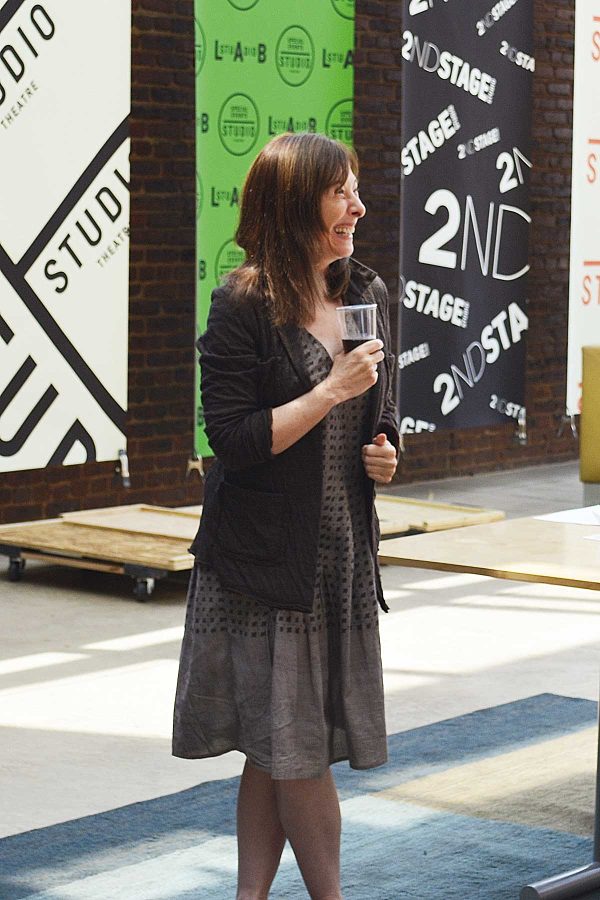WASHINGTON, D.C.: After Beth Henley finished her bottomlessly bleak, semi-autobiographical Civil Rights–era play The Jacksonian, she confessed, “I didn’t feel like writing another play. I started looking at the world we were living in, and I didn’t want to write about it. Everything current seemed so dark and bereft and frightening.”
But what began as a distraction to soothe her glum state of mind—binging on silent films starring the likes of Fatty Arbuckle, Harold Lloyd, Mabel Normand and Buster Keaton—soon blossomed into inspiration. In short order, she had completed a new comedy called Laugh. A zany, unabashedly cornpone melodrama about a mining heiress, an unworthy suitor and the scrapes they get into, Henley’s latest runs at the Studio Theatre March 11–April 19 under the direction of David Schweizer.

And though it has more than its share of knockabout slapstick, Laugh isn’t silent—on the contrary, some of its speeches are positively flowery. But the dialogue, Henley says, “was really influenced by the written dialogue cards between the scenes in the silent films. They’re not as sparse as you may remember. Some of them go on quite a bit, and the language—‘Now you’re going to rock in the cradle of greed’—has a kind of 19th-century, poetical, romantic, almost biblical edge to it.”
Don’t let the allusion to the Bible fool you—Laugh, as its title suggests, is intended “very much as a piece of entertainment. It’s not ironic or subversive, except in the deeply subversive act of making people laugh. That’s the only gift I have to give right now. People getting pies in their faces or falling down on their butts.”
But if Henley thought she was giving herself a break after the intensity of The Jacksonian, she soon learned otherwise. “It’s harder than you think it’s going to be to write a slapstick comedy,” she confesses. And while she found it painful to sit through the dark goings-on in The Jacksonian, she adds, “This can be hard to watch, too—when you’re trying to make somebody laugh and no one’s laughing. I never discount the possibility of anguish when watching my own work.”

